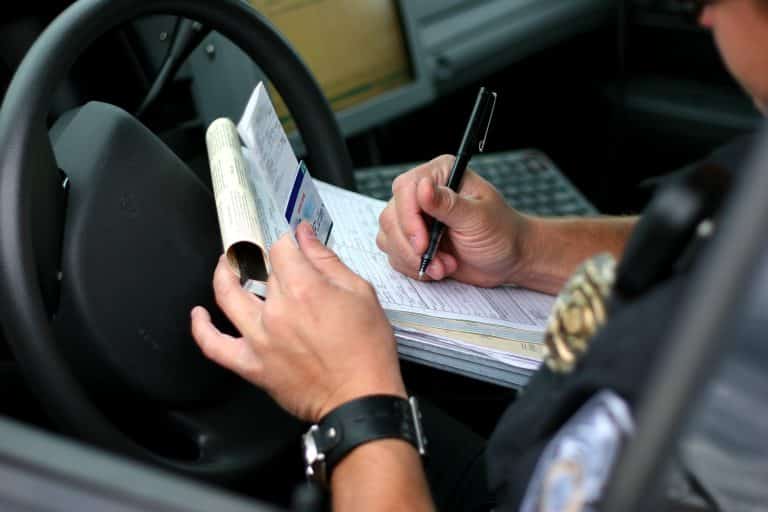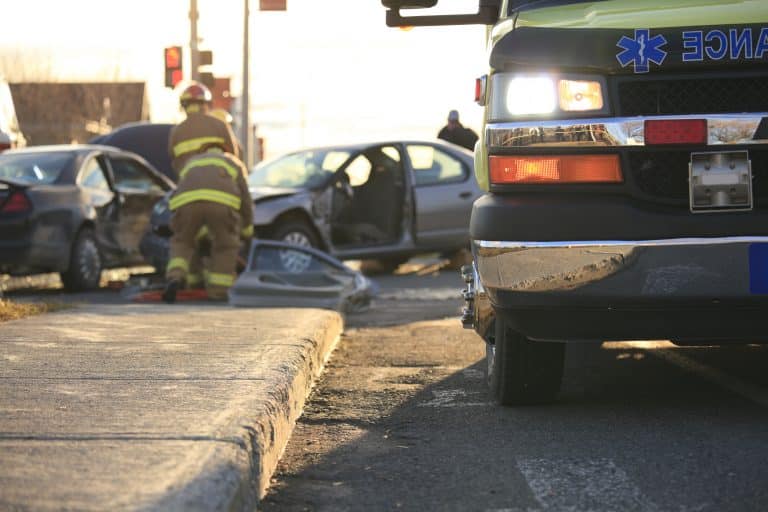After an auto accident, police need to get a statement from all of the drivers and passengers. This is true even when one or more people are injured. As long as someone is coherent, it is almost always preferred that an officer get the statement there on the scene. In most cases, his or her memory will be the most fresh in that moment.
However, sometimes a driver—particularly one who was seriously injured—will look back at the statement given and disagree with what was said. In such cases, the stress of the accident or the pain of an injury may have, in their mind, clouded their judgement or resulted in forgetting important details. In rare cases, a driver may not even recall giving the statement at all.
These are actually extremely rare situations, but if this has happened to you, this is what you need to know.
Medical Treatment Before Statement
Whenever EMS treats an accident victim, police are supposed to get out of the way. Even though officers are trained in first aid, emergency medical personnel take over the treatment.
Ideally, the officer will want to get a statement from someone before he or she goes to the hospital. However, EMS may keep us away from the person until he or she is more stable.
If an accident victim is clearly incoherent, the officer should not attempt to get a statement yet. This is true if he or she is in a lot of pain and can’t focus, as well as if the person has suffered a head injury and can’t communicate effectively.
However, a person who is coherent but groggy or dazed can and will be asked to give a statement. The officer will note on the accident report that the person was disoriented.
Keep in mind that this disorientation does not invalidate a statement. Even if the person was concussed and doesn’t remember making the statement, it is unlikely to be changed in the final report.
Only the Facts Matter
People also sometimes want to change a statement because they were scared or stressed or angry and they don’t think the statement they gave was accurate for that reason. If they did do that, there isn’t much we can do with an amendment. If the person is persistent, he may want to speak to the officer.
Remember that police reports only include the most basic facts of a person’s statement. They don’t include his or her emotional state, profanity or other colorful words, etc. It’s as simple as, “This happened, then this, then this.”
For this and many other reasons, it’s rare that we amend an accident report unless there is something that the officer missed or made a mistake.
That’s the key there: In order for a statement to be changed, there must be a material fact that was overlooked that could potentially change the determination of fault.
What if There is a Material Fact Missing?
Police are perfectionists about everything and we look for every possible factor in an accident: the weather, the road condition, other vehicles, lighting, and so much more. If there is a point an officer might have missed, that officer may choose to give the report another look to see if what both parties stated was a fact.
An officer can make a mistake. As long as the person asking does so politely and with honest intention, it may be worth a second look just to be sure. Keep in mind, however, that tracking down the officer and finding a time for him or her to take that second look may not be easy.
There is no reason not to listen to your side of the story again. If need be, you never know, the officer may have a change of heart. But keep your expectations reasonable—9 out of 10 times, the officer is not going to change the report.
If the officer concludes that no facts were missing, or the missing facts don’t affect the determination of fault, then the case is closed. But if there is a material fact that could potentially alter the report. In that case, additional investigation may be required.
It can’t be stated enough: such instances are rare. Such compelling evidence may include dash cam footage that the officer didn’t know was available, or video from commercial security cameras or even Ring doorbells.
What Can You Do If You Still Disagree with the Statement?
Whether the officer takes a second look or not, you may still disagree with your statement or the determination of fault on an accident report.
In that case, you can tell the insurance companies you don’t stand by the statement due to injury, duress, or any other reason. Most accident cases are settled out of court and the officer is not necessarily involved.
If the case is serious enough to warrant going to court, remember that the officer is going to say the same thing on the stand as in his or her notes. That means a dry reading of what was written in the accident report, verbatim.
If someone tried to have his or her statement changed, the officer may offer that fact as part of his or her testimony. The person’s attorney will know if that helps or hurts a case in any way and will advise the client accordingly.
Regardless, at that point it will be up to the judge or jury to determine who is at fault and how much.





